By Li Xiaoyu
(CNS) --In the first half of this year, the number of foreigners entering China exceeded 14 million, with over 8 million doing so visa-free, a year-on-year increase of approximately 190%. Thanks to a series of opening-up policies such as expanding the scope of visa-free countries, more and more foreigners can now travel to China on a whim.
Over the past decade, China's opening-up has made a profound impression on the world. China has become a major trading partner to more than 140 countries and regions, ranking first globally in total trade in goods, and maintaining a leading position in attracting foreign investment and outbound investment. Especially amid the rise of anti-globalization sentiments, China's pace of opening-up has not slowed down but rather become more proactive.
From establishing 22 Pilot Free Trade Zones and building the Hainan Free Trade Port, to vigorously promoting the signing and entry into force of the Regional Comprehensive Economic Partnership (RCEP) and constructing a high-standard network of free trade areas facing the world; from repeatedly reducing the negative list for foreign investment access to advancing the joint construction of the Belt and Road Initiative, China's series of opening-up measures have made the world realize that as the world's second-largest economy, every step forward in its high-level opening-up represents new massive opportunities. On the path of promoting economic globalization towards inclusive and win-win results, China will inevitably be entrusted with more new expectations.
The next decade is destined to be extraordinary for China. According to the report of the 20th National Congress of the Communist Party of China (CPC), China is currently in a critical period of initiating the comprehensive construction of a socialist modern country, with one of the main tasks and goals being to take new strides in reform and opening-up and basically forming a new system of a higher-level open economy. By 2035, China will basically achieve socialist modernization.
However, the situation facing China's future expansion of opening-up is significantly different from that of over a decade ago. Internationally, economic globalization has encountered countercurrents, with intensified great power competition, as well as an increase in uncertainties and unpredictable factors. Domestically, China has made remarkable progress in high-level opening-up in recent years, but shortcomings still exist.
Wang Xiaosong, a professor at the School of Economics, Renmin University of China, told China News Service that China's opening-up is entering the "deep water zone": easy-to-implement and immediately effective opening-up measures have been well accomplished, leaving only the "hard bones" that will touch the existing distribution of interests.
Gu Xueming, dean of the Chinese Academy of International Trade and Economic Cooperation, Ministry of Commerce, also admitted that today's reforms are no less complex, sensitive, and arduous than those at the initial stage of reform and opening-up, and that high-level opening-up would impact some entrenched interest barriers.
On the one hand, domestic rules, regulations, management, standards, etc., must accelerate their convergence with high international standards, and in-depth reforms in various aspects such as state-owned enterprises, intellectual property rights, market procurement, and industrial policies are imperative.
On the other hand, with the escalation of geopolitical risks, it is a daunting task to prevent and resolve major risks and safeguard national economic security in the process of opening-up.
Gu said that high-level opening-up is a systematic project with a wide range of involvement and significant influence. In the context of economic transformation towards high-quality development, enhancing the level of opening-up requires more multidimensional considerations, extensive mobilization of all parties, and utilization of various resources to deliver a new "combination punch."













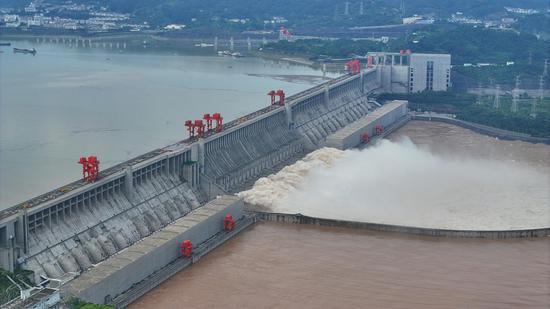


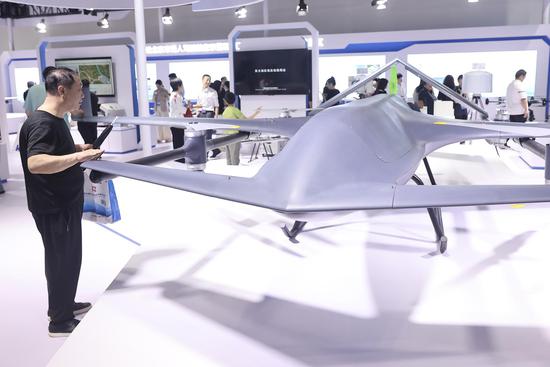





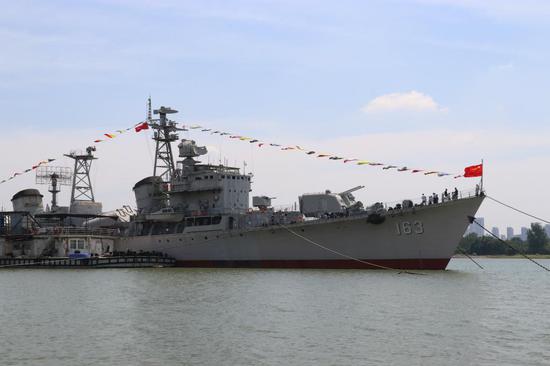


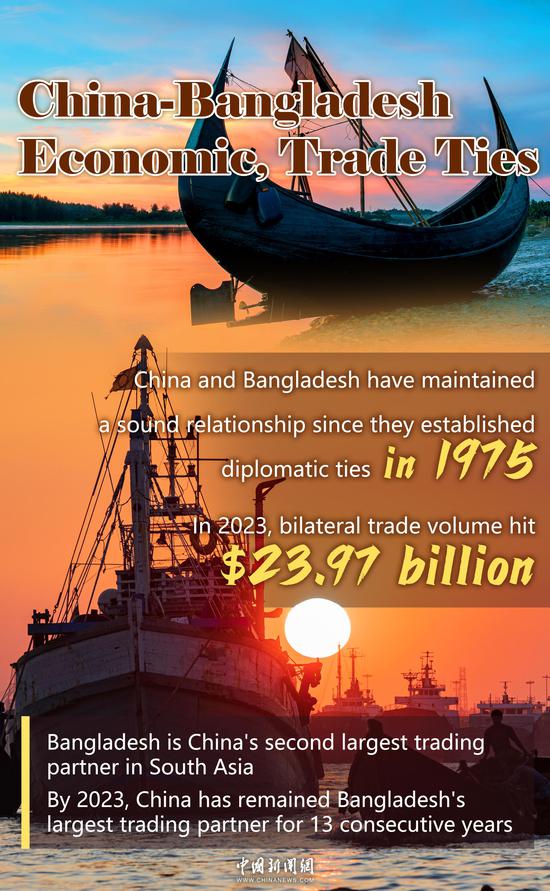

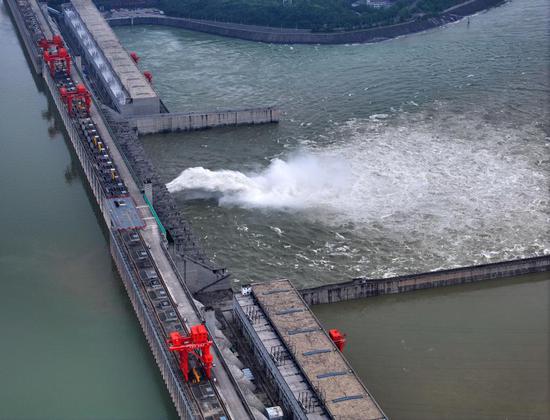
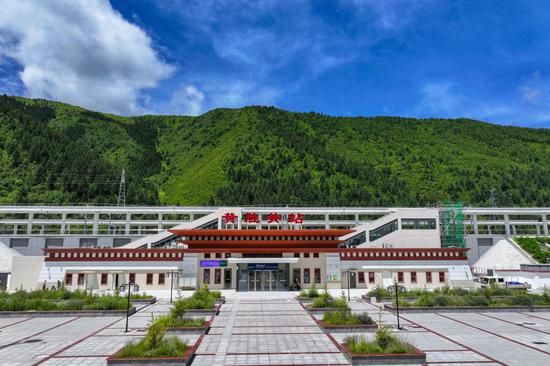
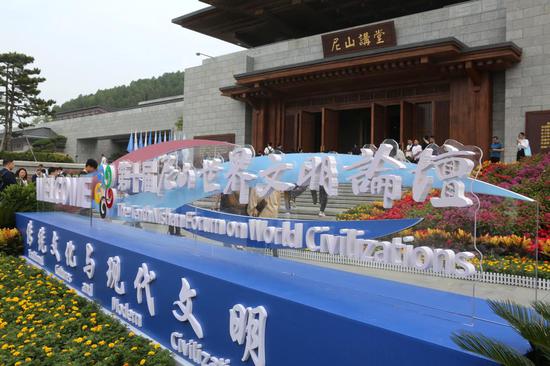





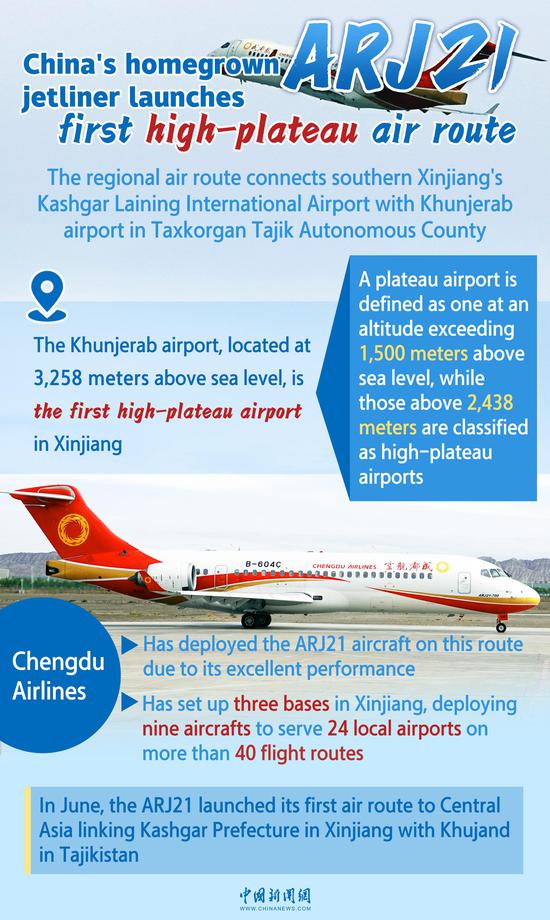


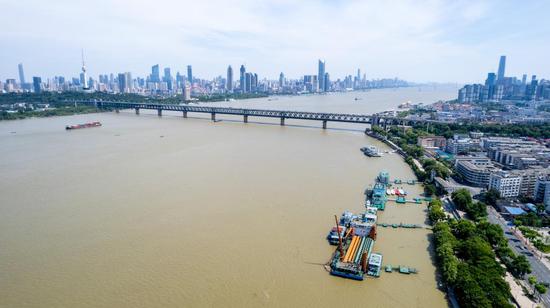

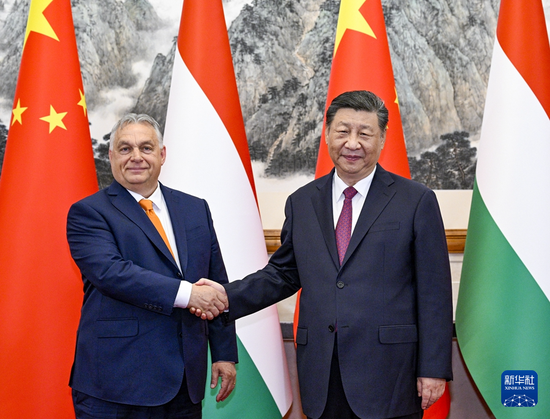



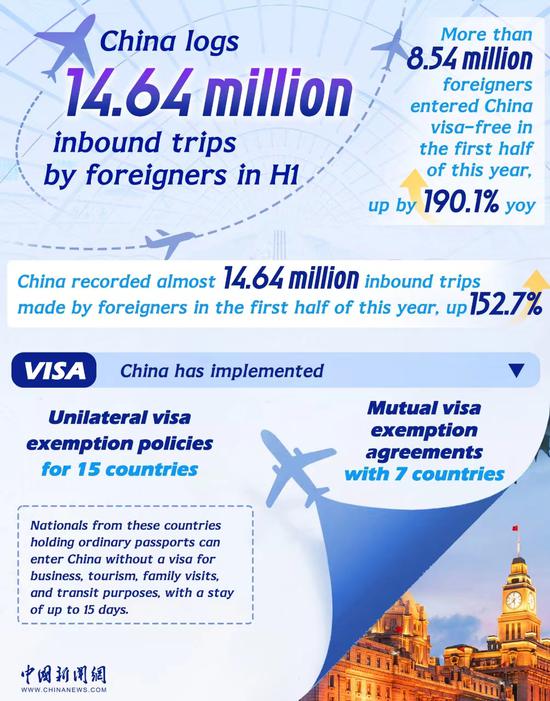





 京公网安备 11010202009201号
京公网安备 11010202009201号